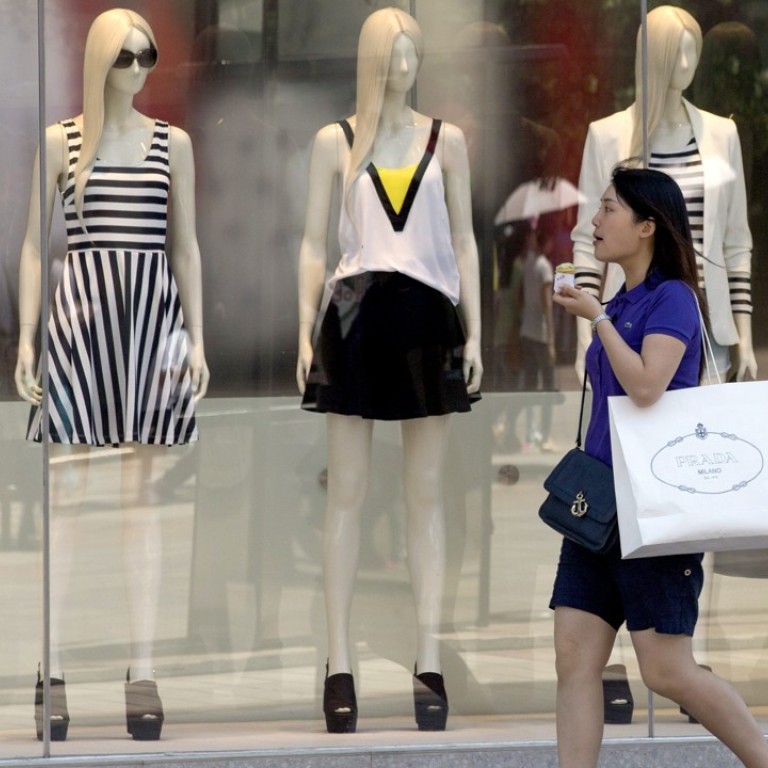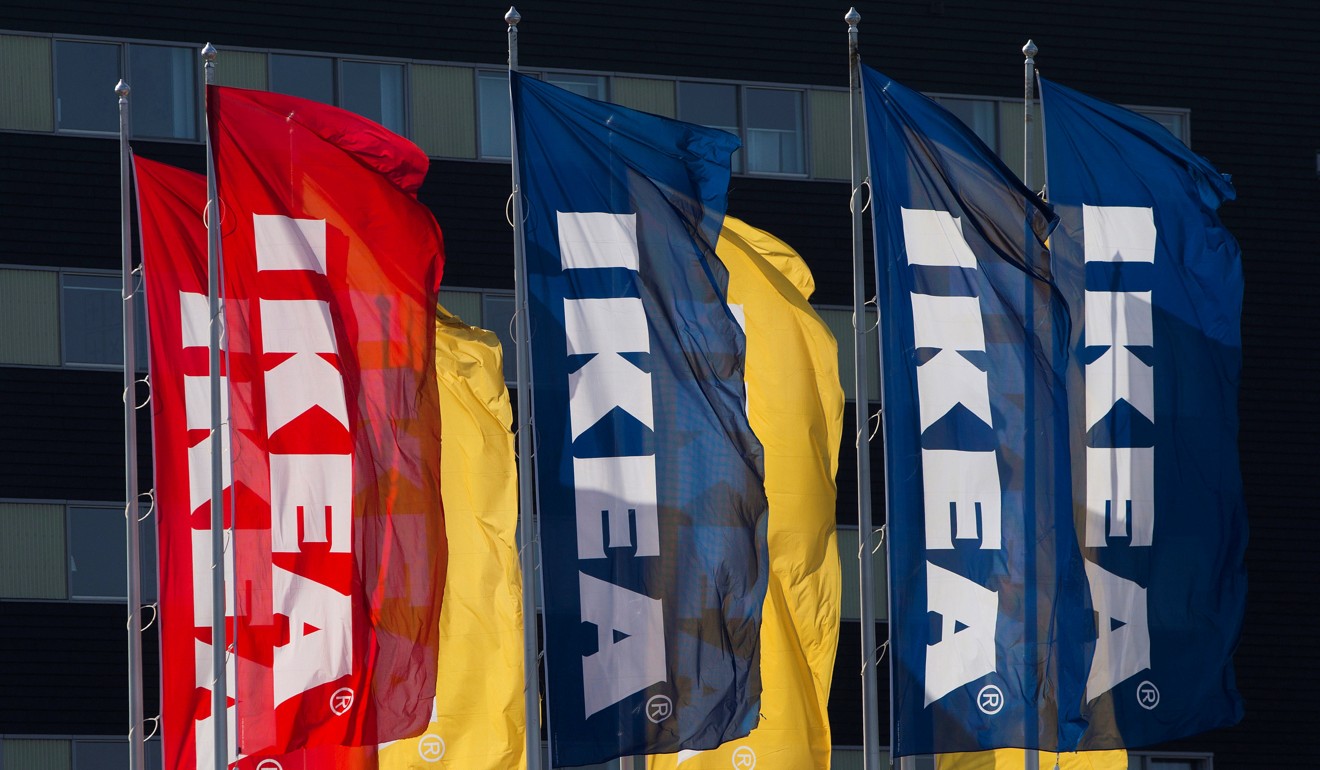
Brands that portray Chinese women as successful and powerful are gaining an edge
The mainland’s women are voting with their cash, favouring brands that deliver positive and inspiring messages, say analysts
China’s young, affluent female consumers are increasingly choosing products and companies that advocate progressive feminist values over those that don’t, analysts say. Brands that get this right will gain an edge over their competitors.
“This trend is especially obvious in China’s top-tier cities ,“ said Steven Kwok, associate partner at OC&C Strategy Consultants. “In such places sometimes people care more about the values brands try to convey than the actual products.”
The spending power of modern Chinese women is greater than ever before, with 63 per cent of the country’s female population in the labour force, compared with 56 per cent in the US and 50 per cent on average globally, according to World Bank data.
This growing financial independence is the key driver behind their rising expectations for brands and marketers to deliver more positive and inspiring messages, said Angie Wong, a Shanghai-based managing director at advertising agency Leo Burnett.
And it’s feeding into how women are depicted in commercials.
“Portraying women as successful and powerful in advertisements is a recent trend, and it’s definitely appealing to Chinese women,” said Laurence Lim Dally, a managing director at Hong Kong-based Cherry Blossoms Market Research & Consulting.
Firms can be badly burned if they get it wrong.

“The incident was quite damaging for Ikea’s image in China, especially among young female customers,” said Tang Xiaotang, founder of luxury retail consultancy Nofashion.t
Some brands are having more success monetising the trend.
Japanese skincare brand SK-II gained huge popularity among Chinese women with the help of its #changedestiny campaign launched in April last year, which tapped into one of the country’s most sensitive topics – the plight of so-called leftover women, unmarried females over the age of 25.
The company’s “Marriage-Market-Takeover” four-minute video featured several unmarried, well-educated Chinese women, some in tears, describing how they were pressured to get married by society and their parents. They reached a consensus: don’t let social pressure dictate your future.
This strong slogan appeared at the end of the video, with photos of the women when they were children, flashing across the screen.
Portraying women as successful and powerful in advertisements is a recent trend, and it’s definitely appealing to Chinese women
Chinese women liked the advertisement so much that sales of SK-II products increased by 50 per cent in the eight months from June 2016 through to February, Bloomberg reported.
“We were inspired by the talented and brave women we met in China, and decided to give them a platform to share their views, hoping to start a dialogue to help the different generations to better understand one another,” said Shuqi Fu, senior brand communications manager at Procter&Gamble, the parent of SK-II.
However, it is not always that simple. Chinese women are still deeply loyal to their families’ expectations, so brands need to be aware of the complexity of their identities when portraying them, Lim Dally said.
Another layer of intricacy lies in the fact Chinese women are in general comfortable with being the “gentler and softer sex,” even as they command expanding economic power and are willing to reward themselves, Wong said.
That’s why many luxury brands and personal care products continue to portray women in a princess-like way and as people who need to be pampered and taken care of.
Wong’s firm helped create the “Like A Girl” video and TV ad for sanitary pad brand Always, produced by P&G. In the ad, adults and children are asked do different activities “like a girl,” showing how the phrase has become a slur with connotations of weakness. The video became a global hit three years ago, with more than 64 million views on YouTube.
But Always (sold under the name Whisper) decided to change the angle when introducing the campaign in China.
The Chinese campaign eventually focused on encouraging girls to be confident and embrace who they are.


